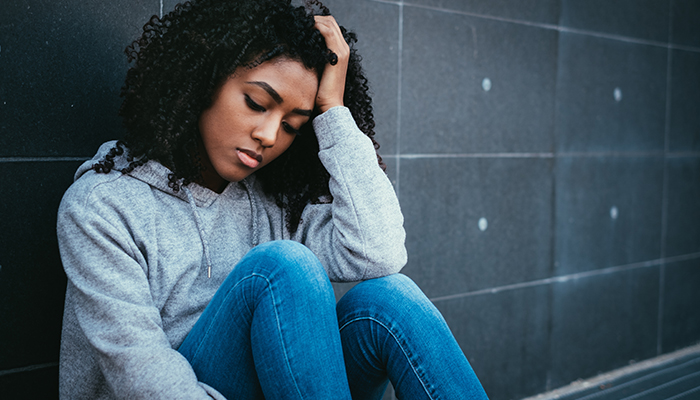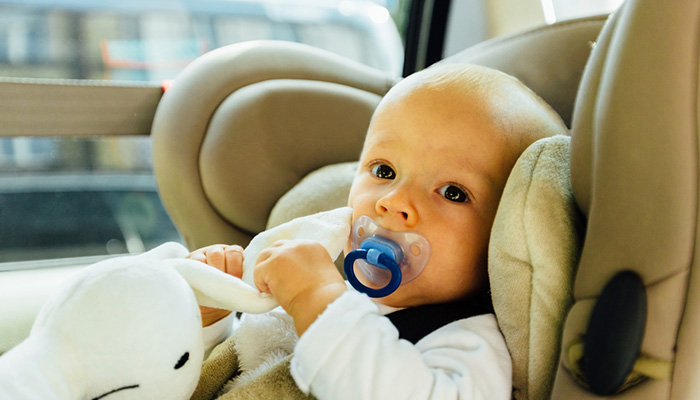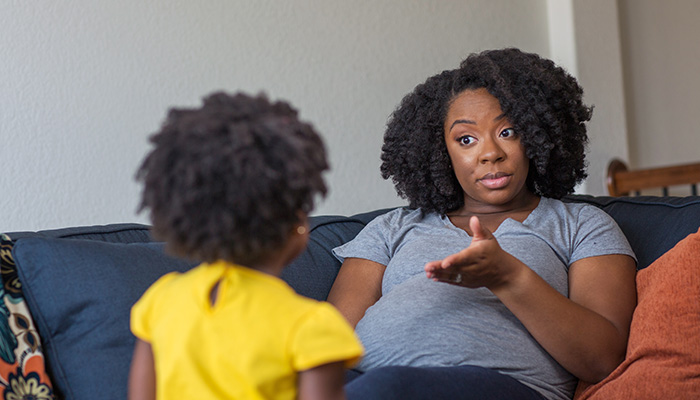Since our inception 46 years ago, South Lake Pediatrics has focused on children’s mental health. We strive to be on the cutting edge of care, whether it’s screening and treating our patients, partnering with our psychiatry colleagues in the community, or hosting seminars to help educate parents. We take the mental health of our patients and families very seriously.
This is even more at the forefront of our thoughts due to the events of 2020. Pre-COVID CDC statistics show that, in the United States, just over 3% of children carry a diagnosis of depression. A little over 7% carry the diagnosis of anxiety. If the rest of my fellow pediatricians are experiencing what I have in my own practice, I imagine these numbers have been rising steadily the last eight months.
For parents, this is a challenging time and we want to help you know what symptoms to look for in your child for depression and anxiety. Kids with depression may be more sad, hopeless, or crying more. There may be changes in their sleep habits, appetite, or a change in energy. Some kids may have a feeling of worthlessness or withdraw from their family and friends. With anxiety, some kids show an extreme fear of a specific thing (germs, crowds, etc.). You may notice them worried about bad things happening more than normal. Kids can experience physical symptoms like their heart pounding, trouble breathing, or feeling dizzy and shaky. Some kids get very irritable with anxiety.
I don’t know about you, but I think I personally have had all of these symptoms during the pandemic! It can be hard to differentiate what is an emerging and ongoing mental health condition from a very natural grief reaction to the loss of normal life. But there are some basics we can go back to to try and help our children through this time. While it may seem simple, good eating habits and strong sleep routines are incredibly important to mental health. When the day begins, continues, and ends in our home, we need to mark our time with some routine and consistency. Exercise has been shown to be helpful with people’s mental health as well. Get your family out for a walk (and, yes, I know we now need to bundle up to do that!). If your child is experiencing anxiety, there are some great apps available for meditation and relaxation such as “Headspace For Kids”, “Stop, Breathe, and Think”, “Smiling Mind”, and “Calm”.
And what do you do if you aren’t sure if this is the pandemic blues that you can fix as a parent or not? Please talk to your provider. I have had countless important conversations with patients over the last several months trying to sort out that exact question. We can help kids connect with a therapist if needed. If appropriate, we can also help with medication. Know that we are here as a resource for you and your family during this challenging time.



